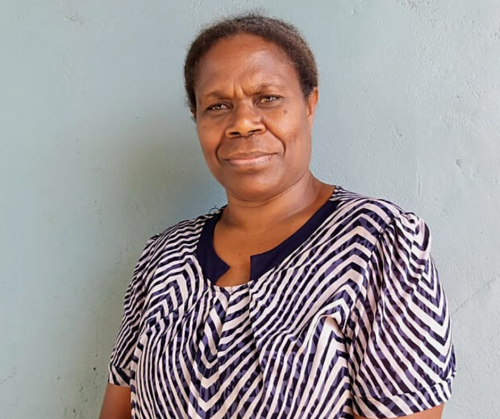
Four communities in Vanuatu have committed to a “Ridge to Reef” ecosystem management approach, under a partnership with the Secretariat of the Pacific Regional Environment Programme (SPREP) and the Government of Vanuatu.
Work will soon commence to strengthen ecosystem management and climate change adaptation in West Malekula, at the sites of South-west Bay, Wiawi and Tenmaru, and in the North Pentecost site of Laone to Loltong.
“I am very excited that these communities have joined the Ridge to Reef management initiative. Communities across Vanuatu have always cared for their environment using traditional and customary practices. Today, our communities are facing a range of increasing environmental threats, including climate change, which means we need to adopt a holistic approach to the management of the ecosystems we rely upon,” said Donna Kalfatak, Director, Department of Environmental Protection and Conservation.

These partnerships are part of the By-catch and Integrated Ecosystem Management (BIEM) Initiative, which has the objective to promote sustainable management for food security and economic growth, while also addressing climate change resilience and conservation of marine biodiversity.
This BIEM Initiative is implemented by SPREP under the European Union and Government of Sweden funded Pacific-European Union Marine Partnership (PEUMP) programme, in cooperation with Government of Vanuatu, Non-Government Organisations and the University of the South Pacific and is overseen by an inter-departmental BIEM Initiative Steering Committee.
BIEM activities to be undertaken in the four Ridge to Reef communities include a Biodiversity Rapid Assessment (BIORAP) of the marine and terrestrial environments and the Ecological and Socio-Economic Assessment Mapping (ESRAM) of the sites.
The BIORAP assessment work will provide a snapshot of the current status of marine and terrestrial species and habitats at the target sites.
The ESRAM study, on the other hand, aims to map the various natural resources and environmental features and socio-economic considerations in terms of how they are used and valued by communities and others.
These studies will help provide sound guidance and a foundation from which to discuss and identify resource management options through an integrated Ridge to Reef approach.
Jamie Davies, SPREP BIEM Initiative Manager, said, “I’m very pleased that SPREP is able to support this cross-sectoral approach to address Vanuatu’s key biodiversity, climate change resilience and species conservation priorities.”
“It’s clear that by working in partnership, a lot can be achieved, and I look forward to seeing the results of the activities we are supporting through the BIEM Initiative, making a positive contribution to the sustainable use and management of coastal ecosystems, and the communities and species that rely upon them.”
The EURO 45 million PEUMP programme promotes sustainable management and sound ocean governance for food security and economic growth, while addressing climate change resilience and conservation of marine biodiversity. It follows a comprehensive approach, integrating issues related oceanic fisheries, coastal fisheries, community development, marine conservation, and capacity building under one single regional action.
For more information please contact Mr Jamie Davies, BIEM Initiative Manager, at [email protected].